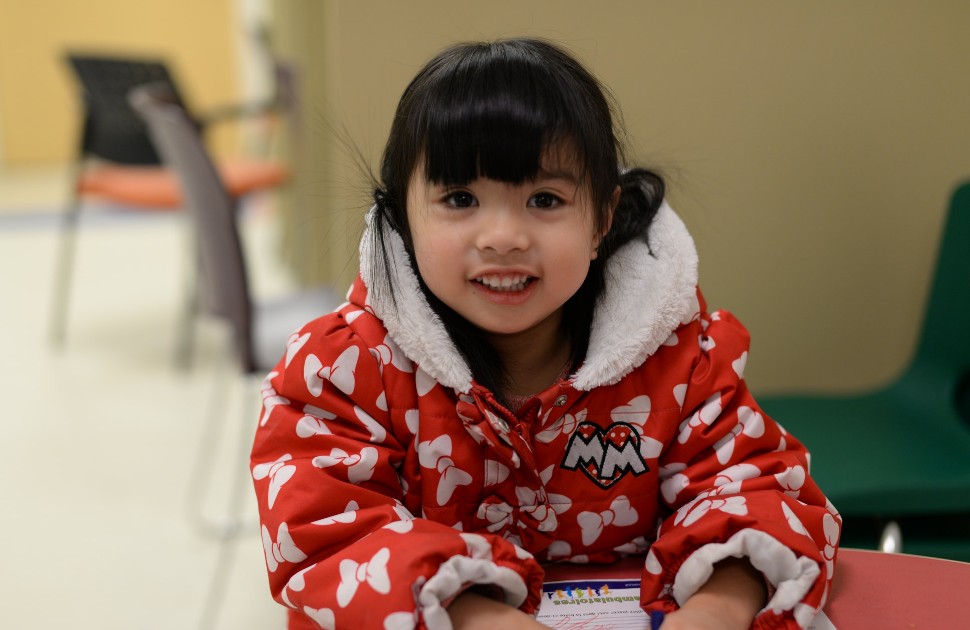Jump to the information you need:
Genetics Diagnostic Lab | Genetic tests available | Requisitions and forms | FAQs
It is the responsibility of the shipper to properly classify, identify, pack and label shipments of specimens for transport by air or surface. Refer to IATA Dangerous Goods Regulations for more information.
Only include specimens for the CHEO Genetics Diagnostic Laboratory when packing and shipping. Samples for the NSO or the EORLA laboratory at CHEO should be packaged and shipped separately.
Shipping address
Genetics Diagnostic Laboratory
Eastern Ontario Regional Genetics Program, CHEO
401 Smyth Road, Rm W3403
Ottawa, ON, K1H 8L1
General shipping requirements
Samples must be maintained at room temperature (unless specified below) and delivered to the laboratory as quickly as possible. Appropriate handling of these specimens is dependent upon the date that the sample was collected.
- Use sterile technique to collect samples
- Do not refrigerate (unless specified below) and do not freeze. All samples must be maintained at room temperature (no extremes of temperature) and transported the same day as collection if possible
- Do not centrifuge samples
- Close screw-top tubes tightly to prevent leakage
- Label all tubes or containers appropriately (a minimum of 2 patient identifiers matching those provided on the requisition is mandatory)
- Complete ALL applicable sections on the requisition (to check if the requested test is performed in this laboratory, please check our testing services available).
- Acceptance of samples:
- Molecular Genetic Analysis: Urgent samples that cannot be obtained between Monday to Friday during regular hours of operation may be collected and stored at room temperature until delivery on Monday, with the exception of samples for FSHD.
- Cytogenetic Analysis: All samples must be delivered as soon as possible after collection, and should be received in the laboratory between Monday and Friday during regular hours of operation.
Specific shipping requirements based on specimen type
Amniotic Fluid |
Amount Needed:After discarding the first 1-2mL, collect approximately 20 mL of amniotic fluid in a sterile syringe Storage Instructions:Transfer amniotic fluid to a sterile screw-top 50 mL plastic conical tube for transport Additional Directions:Note the gestational age in weeks |
Blood – Molecular Genetics Test |
Amount Needed:Sample must be of sufficient volume based on test requested Storage Instructions:
Additional Directions:
|
Blood - Standard Chromosome Analysis/Constitutional FISH (including Microarray Follow Up) |
Amount Needed:
Storage Instructions:
Additional Directions:If blood specimens are not obtainable for Microarray Follow up FISH testing, please contact the laboratory |
Blood - Microarray Analysis/Microarray Follow Up qPCR |
Amount Needed:
Storage Instructions:
Additional Directions:If blood specimens are not obtainable for Microarray Follow up qPCR testing, please contact the laboratory. |
Bone Marrow Specimens/Oncology Peripheral Blood Specimens |
Amount Needed:
Storage Instructions:
Additional Directions:
|
Chorionic Villi Sampling (CVS) |
Amount Needed:
Storage Instructions:
Additional Directions:
|
Lymph Node Biopsy/Tumour Tissue Biopsy |
Amount Needed:
Storage Instructions:
Additional Directions:
|
Products of Conception (POC)/Intrauterine Fetal Deaths (IUFD)/Stillbirth/Skin Biopsy/Constitutional Tissue Biopsy |
Amount Needed:
Storage Instructions:
Additional Directions:
|





